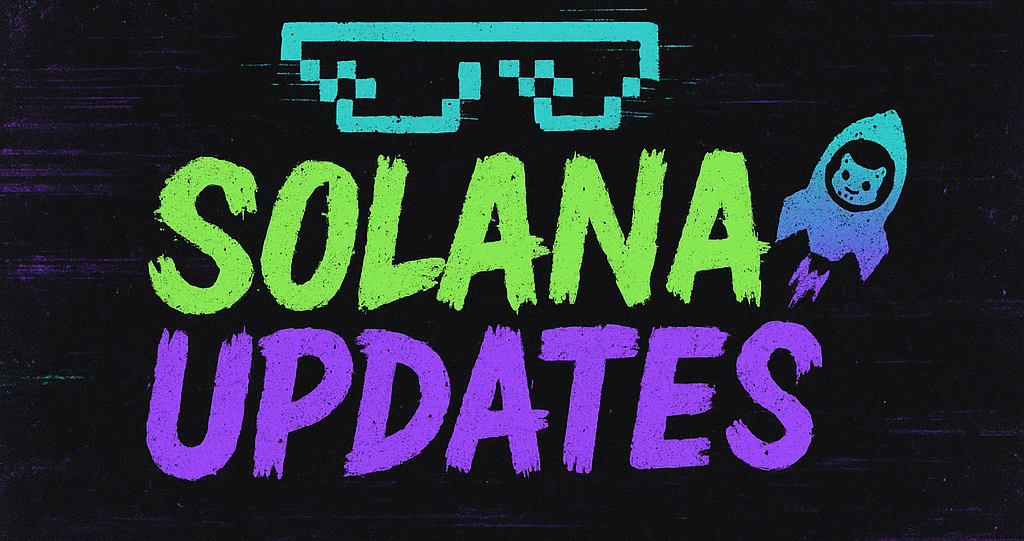Hyperliquid Trader Loses $21M: Essential Tips for Securing Private Keys
In a startling incident that has sent ripples through the decentralized finance (DeFi) community, a trader on the Hyperliquid exchange recently suffered a massive loss of $21 million due to a private key leak. This event has once again underscored the critical importance of security in the rapidly evolving DeFi space, where user vigilance remains paramount.
The breach occurred when the trader’s private keys were compromised, allowing unauthorized access to their substantial holdings on Hyperliquid, a decentralized exchange (DEX) known for its advanced trading features. This incident not only highlights potential vulnerabilities in personal security practices but also raises questions about the robustness of security protocols employed by DeFi platforms.
The Growing Concerns in DeFi Security
As the DeFi ecosystem continues to expand, with billions of dollars locked in various protocols, security breaches are an ever-present threat. The decentralized nature of these platforms, while offering numerous benefits like increased transparency and reduced reliance on intermediaries, also places a significant responsibility on users to secure their digital assets.
Private keys are the gateway to a user’s cryptocurrency holdings, and as such, they are prime targets for hackers. In the case of the Hyperliquid trader, it remains unclear how the private keys were leaked. However, common vectors for such breaches include phishing attacks, malware, and inadequate security practices by the users themselves.
How to Protect Your Private Keys
To prevent similar incidents, it is crucial for users to adopt robust security measures. Here are some essential tips for securing your private keys and safeguarding your crypto assets:
- Use Hardware Wallets: Hardware wallets are physical devices that store your private keys offline, making them less susceptible to online attacks. They are considered one of the most secure methods for storing digital assets.
- Enable Two-Factor Authentication (2FA): Where possible, enable 2FA on your accounts. This adds an extra layer of security by requiring a second form of verification, typically through an app or SMS, to access your funds.
- Beware of Phishing Scams: Be cautious of unsolicited emails or messages that ask for personal information or direct you to unknown websites. Always verify the source before clicking on any links or entering sensitive information.
- Regularly Update Your Software: Ensure that your wallet and any related software are updated to the latest versions to protect against known vulnerabilities.
- Use Strong, Unique Passwords: Create complex passwords that are unique to each of your accounts. Consider using a password manager to keep track of your login credentials securely.
The Role of DeFi Platforms
While users must take responsibility for their security, DeFi platforms also have a significant role to play in safeguarding user funds. Exchanges and protocol developers must continuously enhance their security measures, conduct regular audits, and implement user-friendly security features to protect against potential exploits.
The unfortunate incident on Hyperliquid serves as a stark reminder of the challenges and risks associated with the DeFi sector. As this space continues to mature, both users and platforms must prioritize security to foster a safer and more resilient ecosystem.
In conclusion, while the decentralized nature of DeFi offers unprecedented opportunities for financial innovation, it also demands a heightened level of awareness and responsibility from all participants. By adopting best practices for security, users can protect their assets and contribute to the overall stability and trust in the DeFi market.
🛒 Recommended Product: Check out top-rated crypto gear on Amazon


